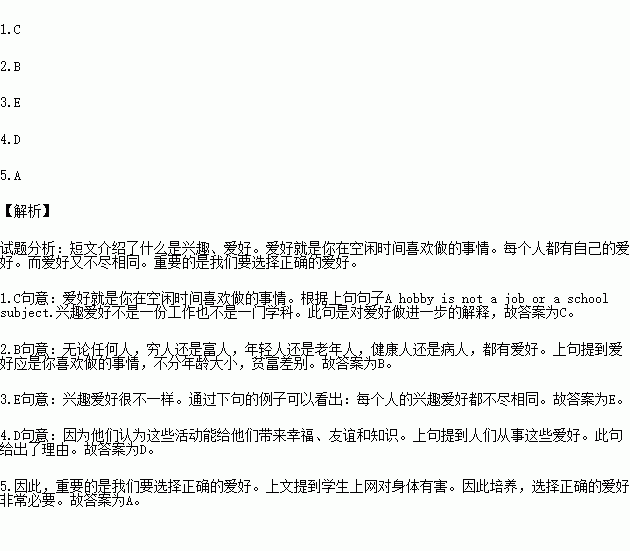Does Subsidized Loans Have Interest? Unveiling the Truth Behind Student Financial Aid
When it comes to financing your education, understanding the different types of loans available is crucial. One of the most commonly discussed options is th……
When it comes to financing your education, understanding the different types of loans available is crucial. One of the most commonly discussed options is the subsidized loan, particularly among students seeking financial aid. But does subsidized loans have interest? This question is often met with confusion and misinformation. In this article, we will delve deep into the world of subsidized loans, clarifying how interest works, the benefits they offer, and how they can be a game-changer for your educational journey.
### Understanding Subsidized Loans
Subsidized loans are a type of federal student loan offered to eligible undergraduate students who demonstrate financial need. The key feature that sets subsidized loans apart from other types of loans is that the government pays the interest on these loans while you are enrolled in school at least half-time, during the grace period, and during deferment periods. This means that as a student, you can focus on your studies without the added stress of accumulating interest on your loans.
### How Interest Works with Subsidized Loans

So, does subsidized loans have interest? The answer is yes, but with a significant difference compared to unsubsidized loans. While interest does accrue on subsidized loans, it does not begin to accumulate until after you graduate, leave school, or drop below half-time enrollment. This unique aspect makes subsidized loans an attractive option for students who are concerned about the long-term financial implications of borrowing money for their education.
### The Benefits of Subsidized Loans
1. **Interest-Free While in School**: As mentioned earlier, the government covers the interest while you are in school, which can save you a substantial amount of money over time. This is particularly beneficial for students who may not have the means to make interest payments while studying.

2. **Lower Overall Cost**: Because the interest does not accumulate while you are in school, the overall cost of borrowing is lower compared to unsubsidized loans. This can lead to smaller monthly payments and less debt after graduation.
3. **Flexible Repayment Options**: Like other federal loans, subsidized loans come with various repayment plans, including income-driven repayment options. This flexibility can make it easier for graduates to manage their loan payments based on their financial situation.
4. **Eligibility for Loan Forgiveness Programs**: Federal subsidized loans may also qualify for various loan forgiveness programs, especially for those who enter public service careers. This can provide additional financial relief for graduates.

### Conclusion
In conclusion, the question of does subsidized loans have interest is a nuanced one. While interest does exist, the government’s role in covering it during key periods makes subsidized loans a valuable resource for students. Understanding the benefits and mechanics of these loans can empower you to make informed decisions about your education financing. If you are considering taking out loans for your education, be sure to explore all your options and consult with your school’s financial aid office to find the best solution for your financial needs. Remember, investing in your education is one of the most significant steps you can take for your future, and understanding your financing options is key to making that investment a successful one.